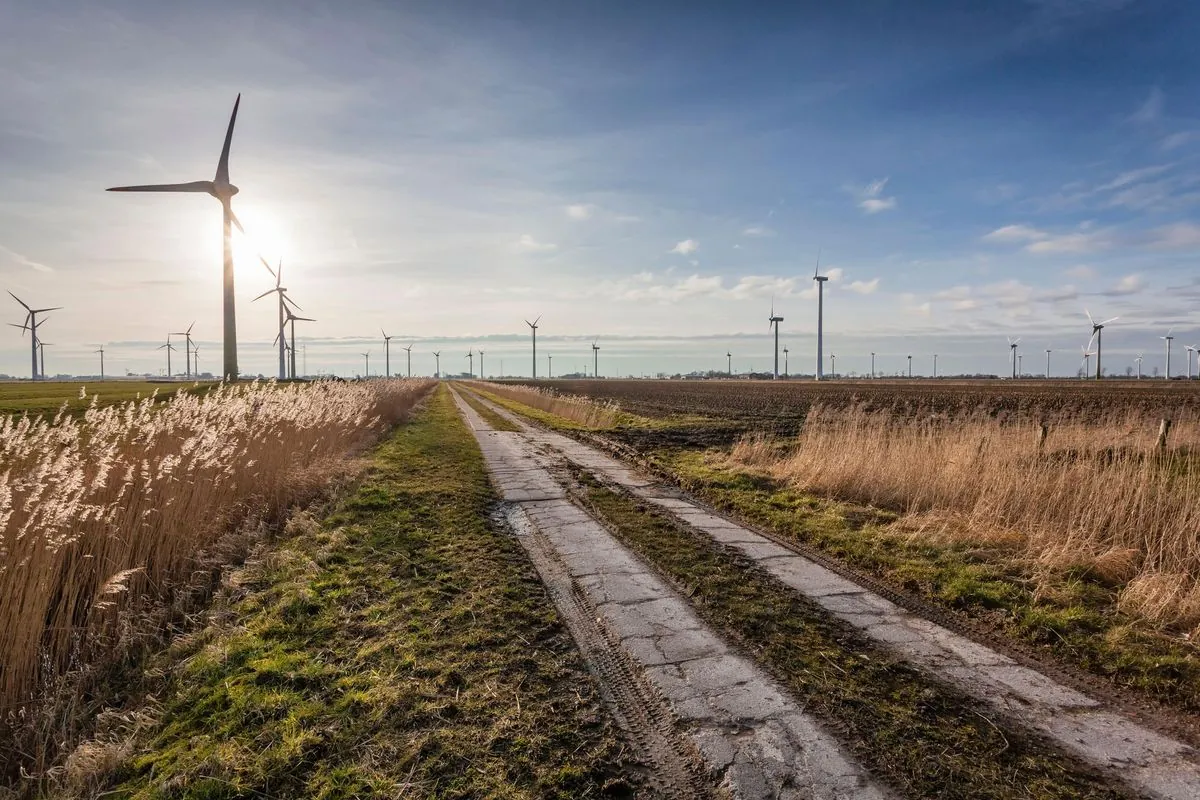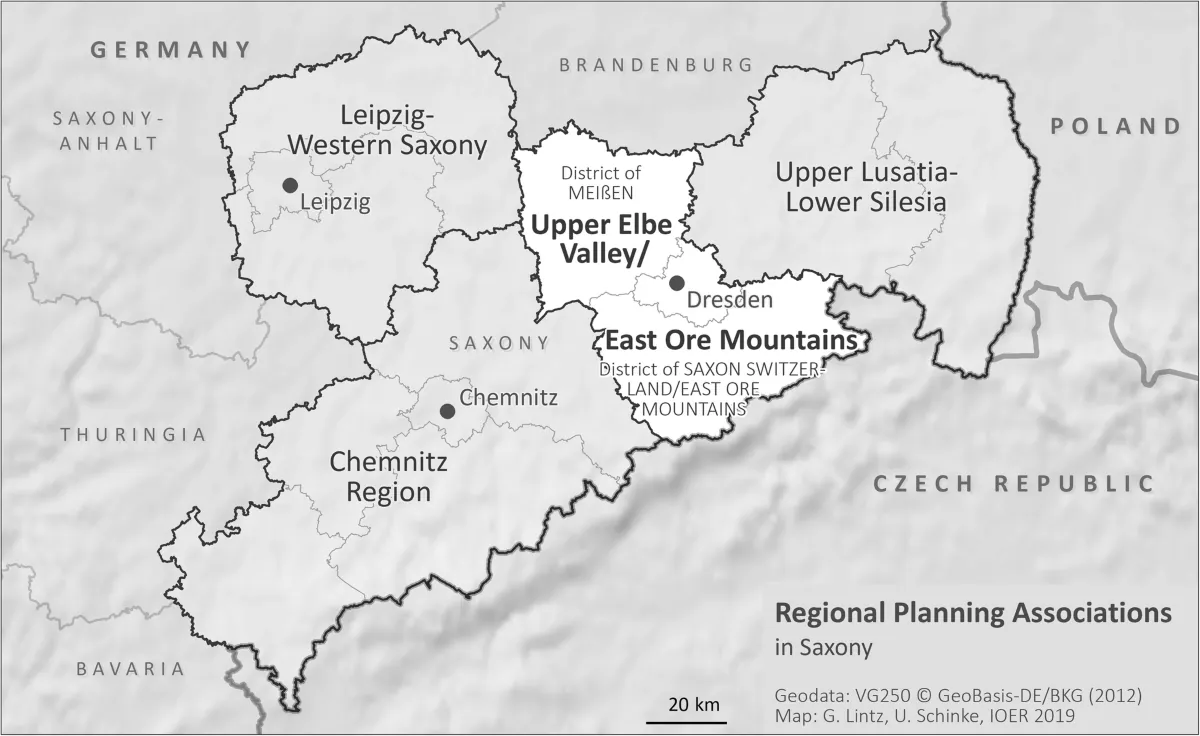AfD Exploits Anti-Wind Power Sentiment in Eastern German Elections
Germany's far-right AfD party leverages rural discontent with renewable energy projects ahead of state elections. The party's stance could impact the country's green energy transition goals.

In the lead-up to the September 1, 2024 state elections in Thuringia and Saxony, Germany's far-right Alternative for Germany (AfD) party is capitalizing on rural discontent with renewable energy projects. The party, founded in 2013, is focusing its campaign on opposition to wind power expansion in these eastern states, where it currently leads polls with approximately 30% support.
The AfD's strategy involves proposing stricter regulations for wind turbine construction, including:
- Implementing tougher planning rules
- Imposing higher energy-storage requirements
- Rolling back land allocation mandates for wind energy
- Enforcing a "10H rule" for turbine distance from residential areas
These proposals resonate with rural communities frustrated by the federal government's renewable energy push. Jan Zwerg, the AfD's energy policy spokesperson in Saxony, stated, "We will immediately take general action to ensure that not many more wind turbines are built here in Saxony."
While the AfD is unlikely to form a government due to other parties' refusal to coalition, its significant vote share could influence mainstream discourse on wind energy. This echoes the party's impact on migration policy debates and may potentially slow down project implementation.

The opposition to wind energy in these states reflects a broader backlash against green transition costs amid economic challenges. A study by IW Koeln institute and TU Dresden University revealed that nearly a third of eastern Germany's rural population opposes wind power, compared to 17.7% in western rural areas. Among AfD voters, this opposition rises to around 50%.
In Saxony, support for energy transition has declined from 49% in 2021 to 40% in 2023, according to a survey by the state's environment and energy ministry. This shift in public opinion is evident in communities like Chemnitz-Euba, where residents are organizing against wind turbine installations.
Frank Stuehmer, leader of a local citizens' initiative, explained, "This is not about right or left. This is simply about a story that affects all of us." He plans to vote for the AfD for the first time, highlighting the party's appeal beyond traditional far-right supporters.
The political climate has made some investors wary. A spokesperson for a Saxony-based wind power developer, speaking anonymously, revealed that they now prioritize projects based on AfD polling strength in different regions.
"They (AfD) have been working on (shifting the debate) for 10 years and we are seeing this growing resistance among the population. The fact that they are succeeding should definitely not be underestimated."
This sentiment is reflected in the slowing pace of wind power installations in Saxony and Thuringia. In 2023, these two states built only 16 new turbines out of 745 installed across Germany's 16 states.
The AfD's campaign also emphasizes the impact of renewable energy on consumer prices. Adjusted for purchasing power, energy costs in eastern Germany are already 22% higher than in the west, according to calculations by the power prices portal Verivox.
As Germany aims to generate 80% of its electricity from renewable sources by 2030 and achieve carbon neutrality by 2045, the success of these goals may hinge on developments in the east. Matthias Diermeier, a researcher at IW Koeln, noted, "The success of the energy transition will be decided in the east. However, it is precisely here that sensitive resistance has developed, which the AfD is increasingly mobilising politically."
The outcome of the upcoming elections and the AfD's influence on energy policy could have significant implications for Germany's ambitious green transition plans and its position as the world's fourth-largest wind power market.


































